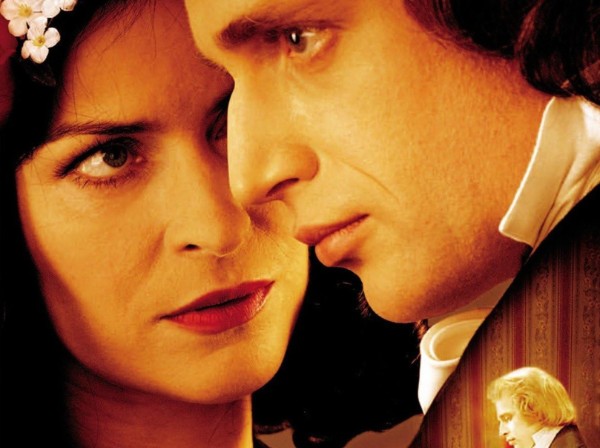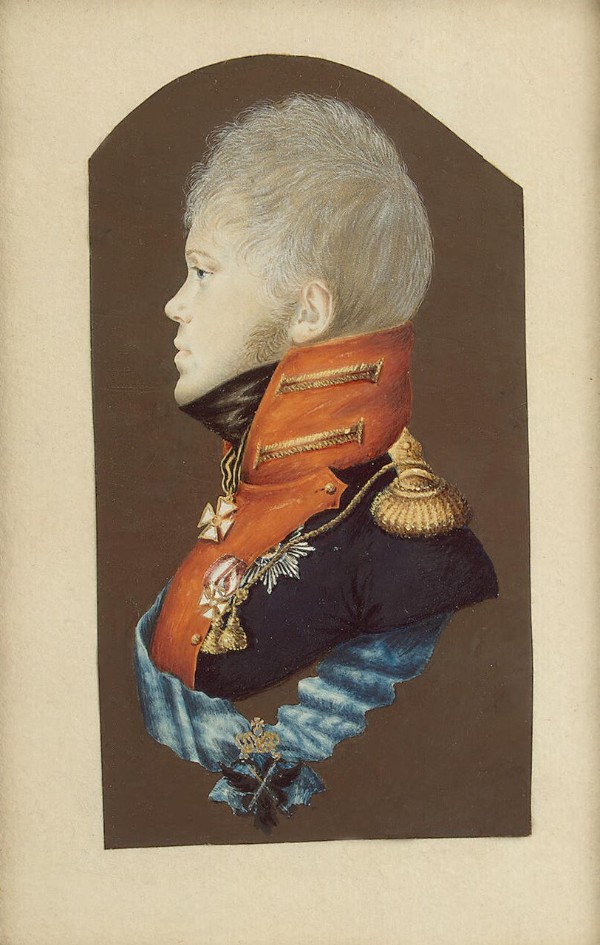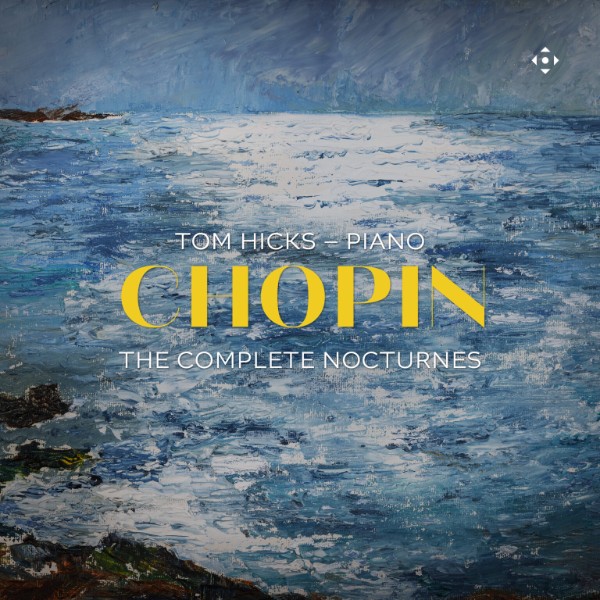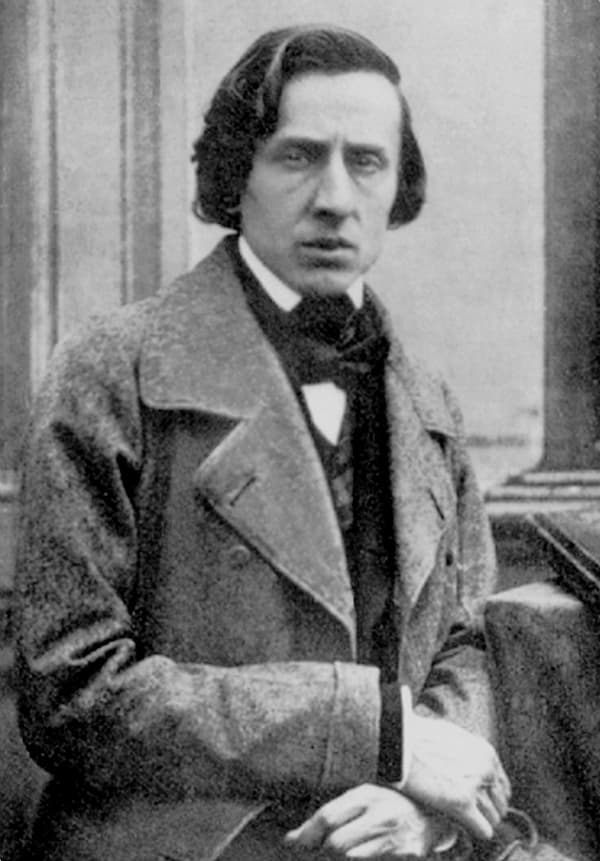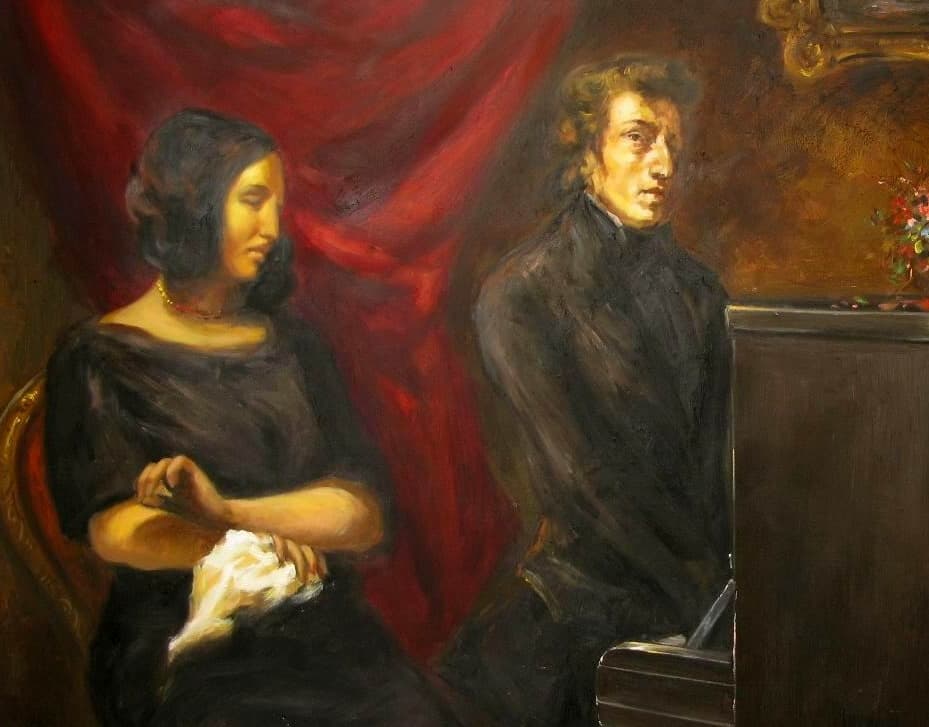The love story between novelist George Sand and composer Frédéric Chopin has fascinated music lovers for generations. Their relationship has been the inspiration for multiple films and television shows. One of the more recent attempts is the 2002 Polish film
Chopin
In October 1818, Mikołaj Chopin brought his eight-year-old son Frédéric Chopin to work, hoping he’d get the chance to meet a member of the royal family. Mikołaj was a teacher, and Tsarina Maria Feodorovna, the mother of the Russian Tsar,
Complete Chopin Nocturnes – Tom Hicks, piano It’s rare to come across a recording, or indeed a live concert, where one thinks “yes, that is how it should be played!”, but this was my reaction on listening to Tom Hicks’
Frédéric Chopin is, without question, Poland’s most famous composer. His Polish identity, as well as his exile from Poland after the November Uprising of 1830, was deeply important to his work, contributing to his music’s character of melancholy longing. However,
Frédéric Chopin is one of the most beloved composers in classical music, and for good reason. But he wasn’t just a great composer: he was also a lively and witty letter-writer. Today, we’re looking at ten fun facts about Chopin
In the spring of 1846, dashing French author George Sand began writing a novel inspired by the breakdown of her romantic partnership with pianist and composer Frédéric Chopin. She titled it Lucrezia Floriani. Lucrezia Floriani tells the story of three
In addition to being one of the greatest composers and pianists of the Romantic Era, Frédéric Chopin was a famously witty and sensitive writer. Here are some quotes from his letters that paint a picture of what Chopin really felt
Rock Guitar Covers of Chopin Piano Classics Chopin scholar Jakub Kasperski looked at the use of Frédéric Chopin in popular music and found some interesting links. After his survey, he found that the works that were most popular and most

